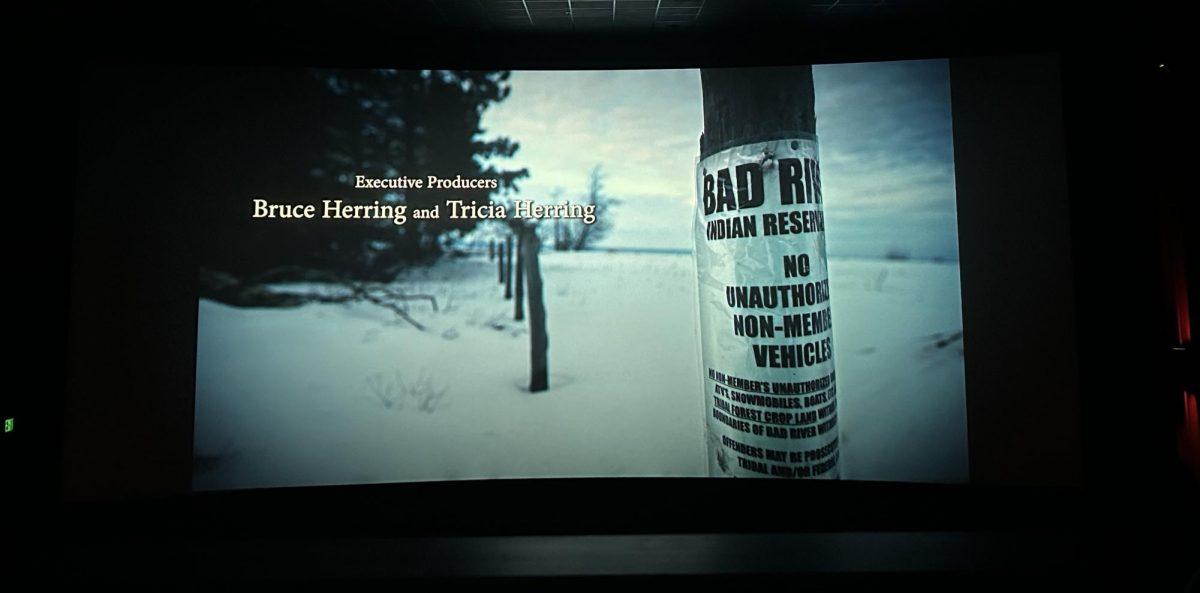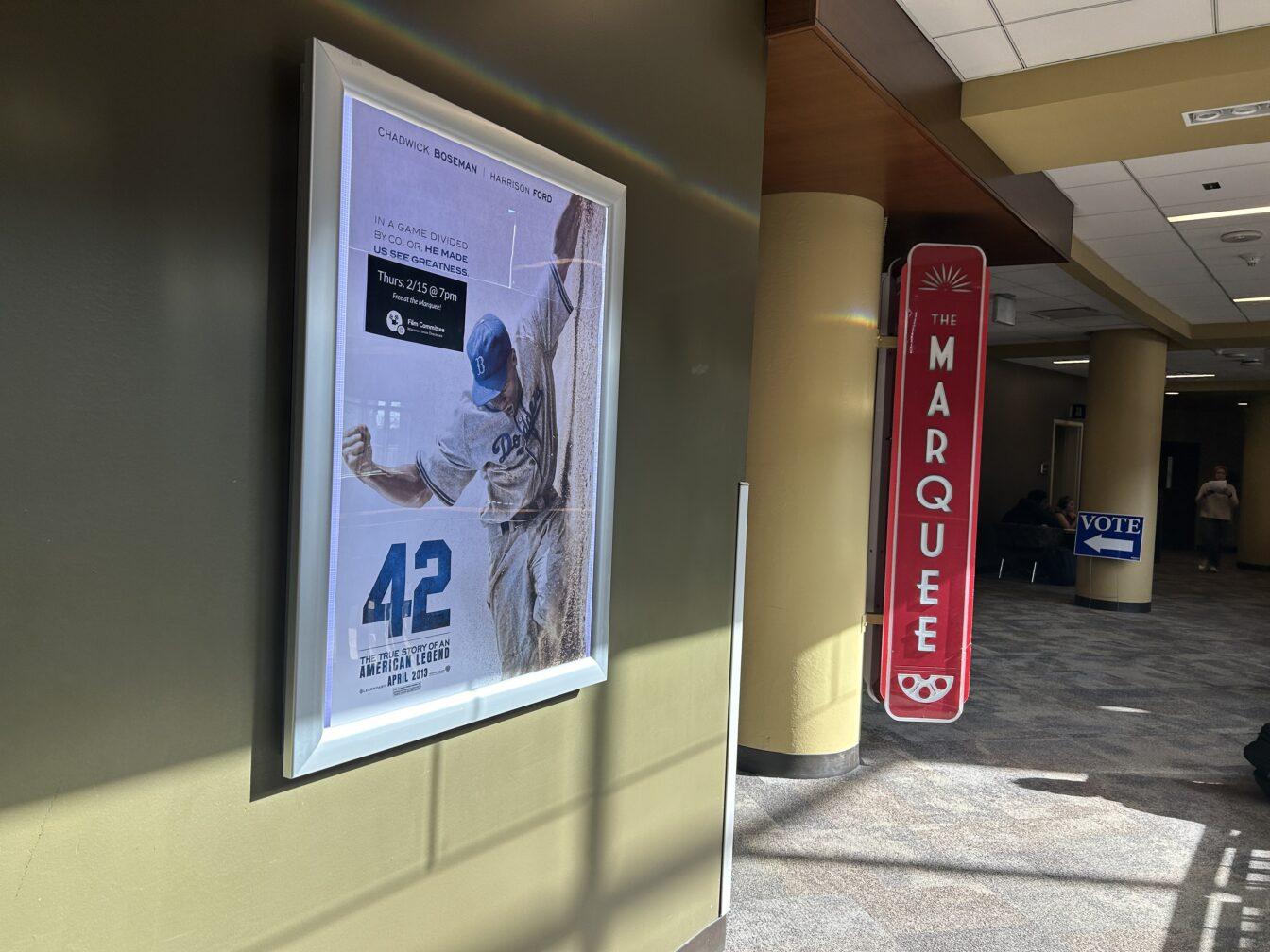As Oscar movie season begins pumping out hopeful contenders, there’s always the time around the end of summer that we get the try-hards: movies that try to be Oscar-worthy but fail. With big names galore and production values up the wazoo, first-time director Nicholas Jarecki did a decent job with try-hard “Arbitrage” but couldn’t grasp enough depth to carry it anywhere.
Approaching the end of his career, hedge fund manager and billionaire Robert Miller (Richard Gere, “The Double”) is looking to sell his company for hundreds of millions of dollars as his final business deal. While trying to negotiate with the mysterious Mr. Mayfield, Miller begins a delicate dance between his family, business and personal life, all with time forcing his hand at every turn. With the slowdown of his dynasty, Miller tries focusing on his increasingly frustrated mistress, Julie (Laetitia Casta, “War of the Buttons”) and keeping her happy.
While driving to a short vacation in upstate New York, Miller’s busy schedule catches up with him as he falls asleep at the wheel and crashes, killing Julie. Miller knows any scandal could throw off his plans for the buyout, so he quickly flees the scene of the crime while covering his tracks. No matter how much distance Miller tries to put between himself and the accident, Detective Michael Bryer (Tim Roth, TV’s “Lie to Me”) is determined to pin him to the case through as many connections as possible.
Unfortunately, “Arbitrage” lacks strength in its storytelling and delivery. The many plots intertwined in the story are bland despite being full of twists and turns. Instead, it feels like many elements were ripped from other business thriller films (cough, “Michael Clayton,” cough) and stitched together without taking the time to hide the seams. Rough transitions from arc to arc don’t help the audience any more than the already convoluted story does, and a serious lack of clear motives between characters makes it obvious how little effort was put into polishing the film for the average moviegoer. That said, if you can keep up with all the business jargon, “Arbitrage” keeps the energy of recent economic thrillers based on the 2008 market crash and channels it well.
“Arbitrage’s” cast is stacked for success, but Jarecki doesn’t utilize its key players as he should. Susan Sarandon plays Miller’s emotionally supportive wife but barely appears throughout the film. While the pillar of the Miller household, she feels completely unimportant until the end, yet when she yields power she doesn’t feel serious enough. Her character is neither flushed out nor utilized to build a sense that her family has the status of “royal by money” that is the essential motivation for Detective Bryer’s actions.
Richard Gere is also far too Richard Gere in “Arbitrage.” While seasoned and renowned for many successful films, he seems to have niched himself into one acting style that is very much his own. Unfortunately, it doesn’t work well for this film. This is not to say Gere doesn’t do a good job, but he distracts from an otherwise strong performance. There are several scenes in which Miller’s businessman brain is clearly at work, and those scenes showcase Gere’s handle and understanding of his character. But the rest of the film seemed to highlight Gere as Gere. The same can be said for Roth, who reuses mannerisms distinct to his acting style but has become tiring to watch.
Jarecki tries to convey several parallel messages that only somewhat come together at the end of the film. So much time and focus in “Arbitrage” is dedicated to either uninteresting aspects of the story or slowing down and emphasizing only Miller’s character, fatally ignoring most everyone else. Although the film has a very slick and calculated ending, the journey there was too divided to fully appreciate the ironic turn of events.
Despite its lack of engagement on the acting end, “Arbitrage” puts the audience into the cutthroat world of big business deals through its profound atmosphere. New York feels cold and lifeless like pennies on a chilly sidewalk as greedy men do what they can to keep themselves rich. The typical hurried music of business-centered films does a good job of keeping pace without being too overbearing, but it can’t keep the movie afloat on its own.
While not terrible, “Arbitrage” requires the audience to keep track of too much at once to the point where the viewer leaves the theater exhausted. “Arbitrage” has its moments and wraps up like an Oscar movie, but there isn’t enough meaningful substance to recommend seeing the film in theaters.
2.5 out of 5 stars













